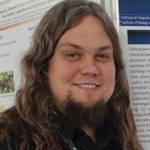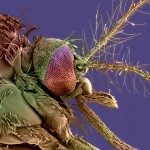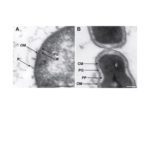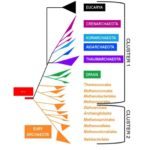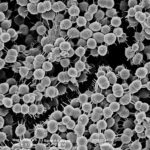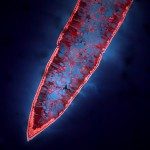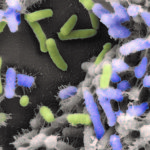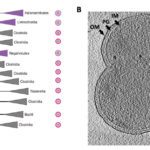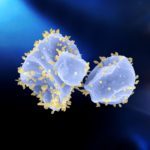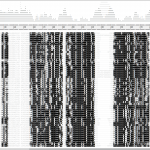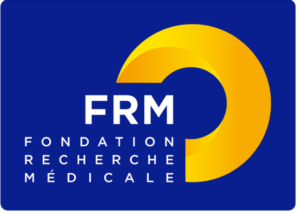Microorganisms have dominated most of life history and represent the largest fraction of the biosphere. However, much of their diversity is still unknown, as are many aspects of their evolutionary history.
In our group we use cutting-edge phylogenomics approaches to study the macroevolutionary processes that led to the current diversity of microorganisms, with an original view on the whole Tree of Life. We are particularly interested in resolving the global phylogenies of both Bacteria and Archaea, reconstructing the evolutionary relationships among the three domains of Life, and highlighting the existence of novel and important microbial clades. These robust phylogenetic frames are essential to reconstruct the diversity and evolutionary history of key microbial cellular processes, with an important component of functional annotation and gene discovery, which drives experimental work. Together, our researches allow us to address major evolutionary transitions in the history of life, and to challenge established paradigms in ancient microbial evolution.
We have recently started new experimental axes to complement and test our evolutionary hypotheses. These focus on the biology of methanogens associated to the animal and human microbiome, and on the evolution of the archaeal and bacterial cell envelope. We have developed Methanobrevibacter smithii and Veillonella parvula as new archaeal and bacterial model organisms from the human microbiome.






